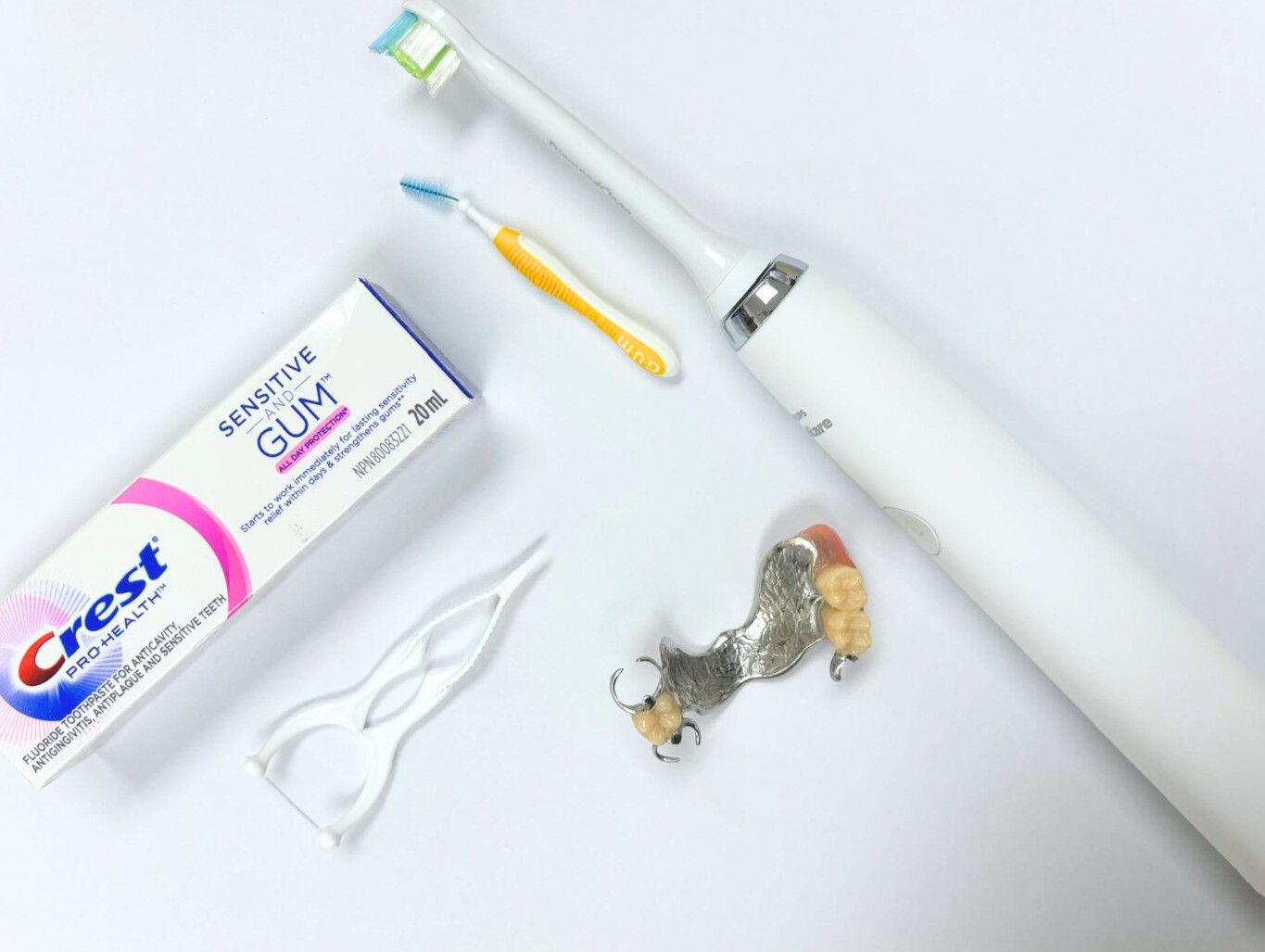Mar 4, 2024
Introduction: As individuals age, maintaining good oral health becomes increasingly vital to their overall well-being. Senior dental care requires special attention, as aging adults may face unique challenges that impact their oral health. In Canada, where an aging population is prevalent, addressing these considerations is crucial for promoting a healthy and comfortable lifestyle among seniors. This article explores the special considerations and essential tips for maintaining oral health in aging adults, emphasizing the importance of proactive dental care.
Challenges Faced by Aging Adults
Several factors contribute to the challenges seniors encounter in maintaining optimal oral health. These may include physical limitations, cognitive decline, medication side effects, and underlying health conditions. Reduced dexterity, arthritis, and other mobility issues can make regular oral hygiene practices more challenging for seniors. Additionally, cognitive decline may affect their ability to adhere to a consistent dental care routine.
Common Oral Health Issues in Aging Adults
Dry Mouth (Xerostomia): Many seniors experience dry mouth, a condition where there is insufficient saliva production. Saliva plays a crucial role in neutralizing acids, preventing tooth decay, and maintaining overall oral health. Dry mouth can result from medications, certain medical conditions, and reduced salivary gland function.
Gum Disease (Periodontitis): Aging adults are more susceptible to gum disease due to factors like weakened immune systems and the cumulative effects of poor oral hygiene over the years. Periodontitis can lead to gum recession, tooth loss, and even systemic health issues such as heart disease and diabetes.
Tooth Decay: Cavities are not exclusive to children; seniors are also prone to tooth decay, especially if they have exposed tooth roots due to receding gums. A diet high in sugar and inadequate oral hygiene practices can contribute to this issue.
Oral Cancer: The risk of oral cancer increases with age. Regular dental check-ups are essential for early detection and treatment. Seniors should be vigilant about any unusual changes in their oral tissues, including lumps, sores, or discoloration.
Special Considerations for Senior Dental Care
Regular Dental Check-ups: Routine dental visits are crucial for seniors to address potential issues promptly. Dentists can detect early signs of problems such as gum disease, cavities, or oral cancer. A preventive approach can help maintain oral health and prevent complications.
Maintaining Proper Oral Hygiene: Seniors should be encouraged to brush their teeth at least twice a day using a soft-bristled toothbrush and fluoride toothpaste. For those with dexterity issues, electric toothbrushes or adaptive devices can be beneficial. Flossing should be a daily practice to remove plaque and prevent gum disease.
Managing Dry Mouth: Seniors experiencing dry mouth should stay hydrated and consider using sugar-free lozenges or gums to stimulate saliva production. Dentists may recommend oral rinses specifically designed to combat dry mouth symptoms.
Dietary Choices: A well-balanced diet rich in vitamins and minerals is essential for maintaining oral health. Seniors should limit their intake of sugary and acidic foods, as these can contribute to tooth decay. Calcium and vitamin D are crucial for maintaining strong teeth and bones.
Medication Review: Seniors often take multiple medications, some of which may have side effects impacting oral health. Regular medication reviews with healthcare providers can help identify and manage these issues.
Conclusion
Prioritizing senior dental care is a vital aspect of promoting overall health and well-being in the aging population. By understanding the unique challenges faced by seniors and implementing proactive measures, Canadians can ensure that aging adults maintain optimal oral health. Regular dental check-ups, proper oral hygiene practices, and addressing specific concerns such as dry mouth contribute to a healthier and more comfortable lifestyle for seniors. As part of a comprehensive healthcare approach, senior dental care plays a crucial role in enhancing the quality of life for Canada’s aging population. To know more contact Metro Pointe Dental Today.





